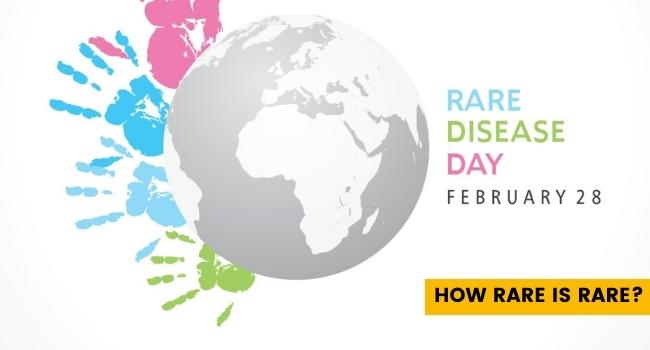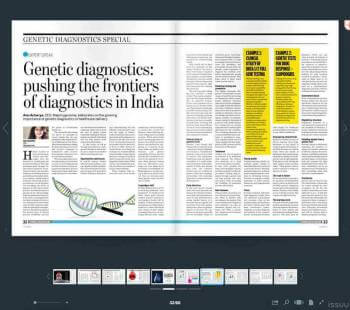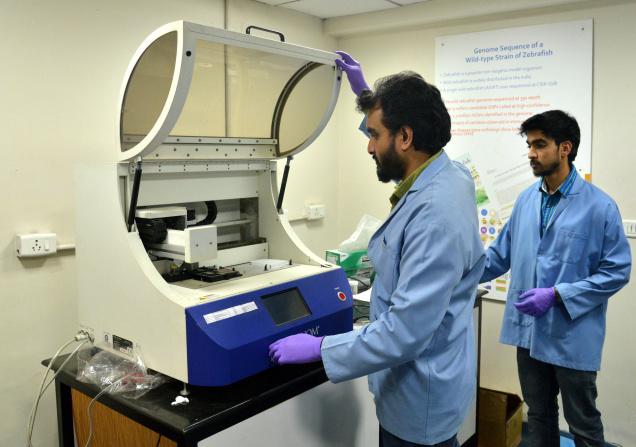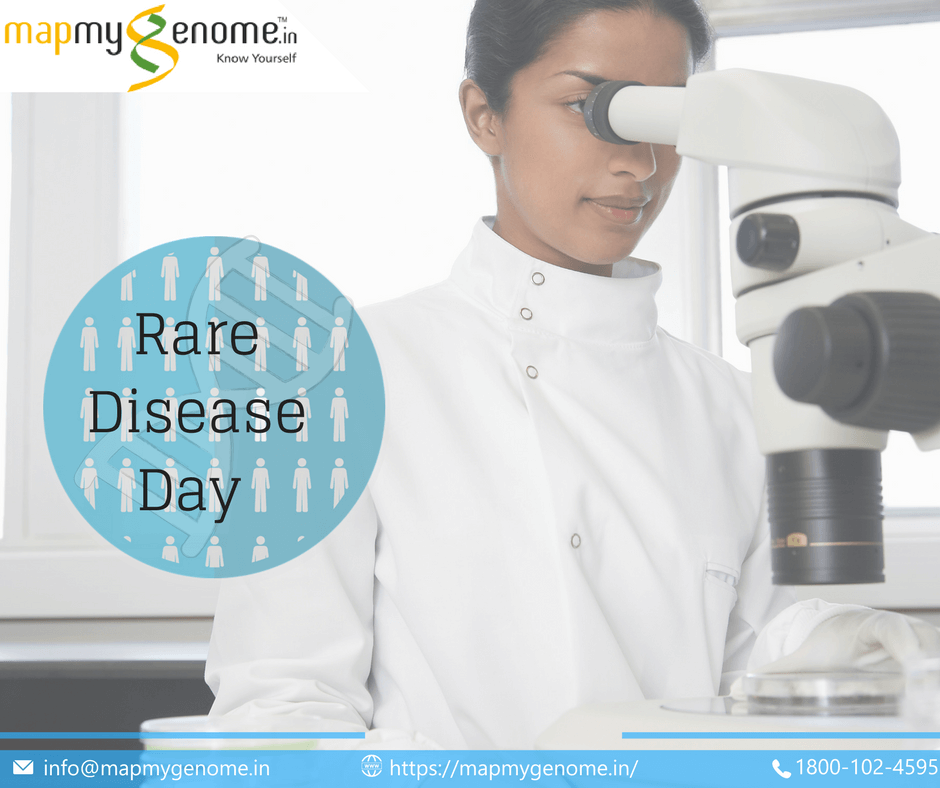
There are approximately 350 million people worldwide diagnosed with rare diseases and yet most of them don’t know the name of their condition or what is causing it. Approximately 70 million people are known to be affected in India. There is no exact definition that defines what are rare diseases but in fact, they depend on the total number of people having the disease, its prevalence and the non-availability of treatment for these disorders in a country. Being a developing country and considering our large population in India, Organization for Rare Diseases India (ORDI) suggests rare diseases be defined as rare if it affects 1 in 5,000 people or less.
Also when basic knowledge such as what causes the disease, the origin of the disease and how the disease will manifest in the future are not known these become significantly concerning and the management of these diseases becomes difficult. There are 7000 rare diseases that are known today. A lot of rare diseases go undiagnosed due to the scarcity of enough resources not just in India but worldwide.
What causes rare diseases?
In most cases, rare diseases are considered to be genetic. These are caused due to changes in an individual's DNA. These might be hereditary which means they are passed down in families or otherwise they are random. There are rare diseases that do not have underlying genetic causes (re: infectious disease and certain autoimmune conditions) and are not passed down in families. With current technologies and methods, researchers are making great progress in identifying the underlying cause for these conditions.
Most rare diseases do not necessarily have a treatment or cure but understanding the diagnosis helps in management and risk assessment for the next generation. Genetic counsellors help mediate between these new advances in molecular medicine and an individual's ability to understand and manage the risks of their inheritance. NGS based Whole-exome sequencing helps pick up genetic variants associated with these rare genetic conditions. Timely diagnosis of these conditions helps in their management.
Organizations in India you can reach out to -
In India, Organization for Rare Diseases India (ORDI) (www.ordindia.in) is a national umbrella organization representing the collective voice of all patients with rare diseases in India. They are set up as a section 25 non-profit company in India. They ensure that everyone living with rare diseases has access to resources similar to any other individual in our population
Registered in 2019 in India, the Rare Diseases India Foundation (RDIF) (https://rdif.org.in/)is a Non-Profit patient advocacy Organization dedicated to individuals with rare diseases.
The Indo US Organization for Rare disease extends diversity by collaborating between western and eastern worlds. They educate, empower and advocate for diverse patients with rare diseases in the US, India, and globally.






